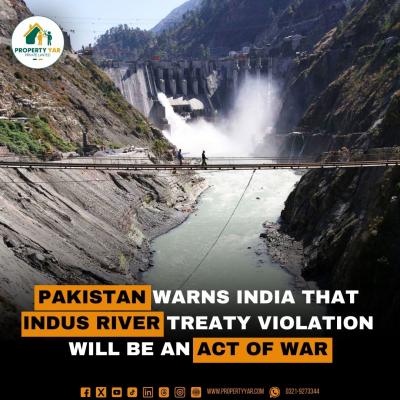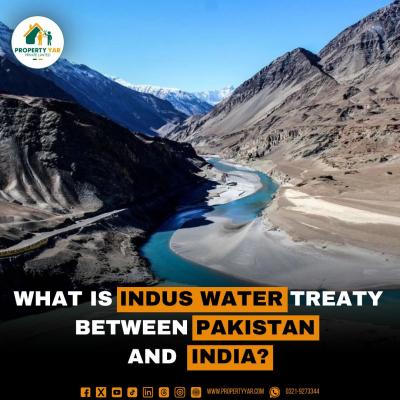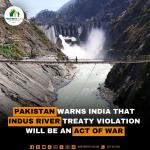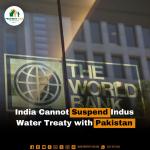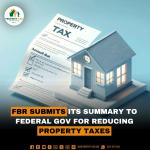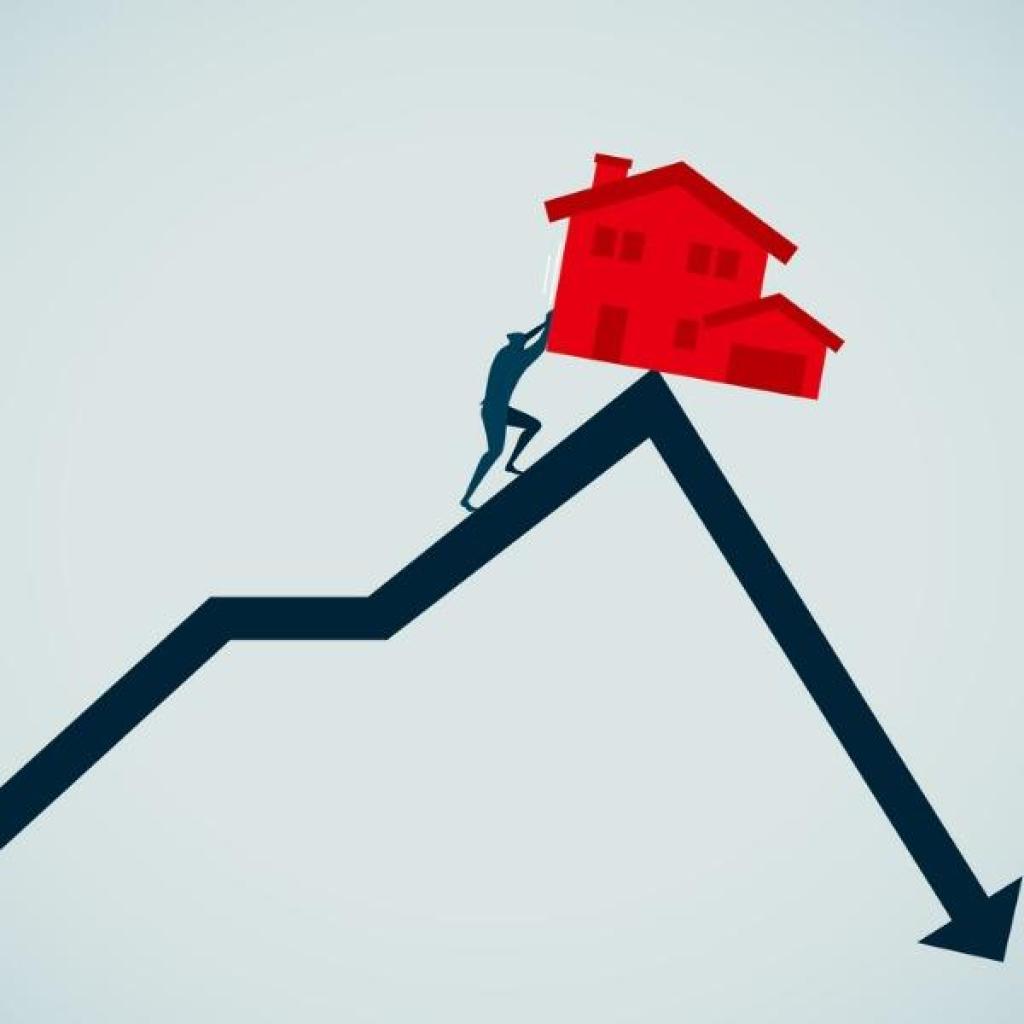
Current State of Real Estate in Pakistan - 2024
The real estate market in Pakistan is currently experiencing a period of stagnation and uncertainty, primarily driven by a mix of economic and political instability. The last 18 months have been particularly challenging, as the property sector has been deeply impacted by inflation, fluctuating property prices, high interest rates, and a broader economic downturn. Despite the slowdown, experts believe the market may see a recovery depending on several key factors, including political stability, economic reforms, and the impact of upcoming elections.
Market Trends and Current Dynamics
1. Rising Mortgage Rates and Falling Prices: A key issue facing the market is the sharp increase in mortgage rates, which has reduced the affordability of properties. This has led to falling property prices, but sellers remain hesitant to lower their asking prices drastically, hoping for a market recovery. The resulting standoff between buyers and sellers has caused a drop in overall transactions, contributing to reduced market activity in major cities like Karachi, Lahore, and Islamabad.
2. Decreased Overseas Investments: Political instability and economic uncertainty have made overseas investors wary of entering the market. Investments from the Pakistani diaspora, a significant source of funding for the real estate sector, have slowed considerably. However, with the potential stabilization of the political environment and the economic outlook improving in the wake of the 2024 general elections, there is hope for a resurgence in this segment.
3. Impact of Political and Economic Policies: The outcome of the 2024 general elections is expected to have a major impact on the real estate market. If a new government introduces policies aimed at economic stability and addresses housing affordability, it could revive the sector. The recently proposed budget has set aside funds for projects like the “Naya Pakistan Housing Scheme,” which aims to provide affordable housing solutions, potentially boosting both local and overseas investor confidence.
4. Luxury Villas and High-End Developments: The high-end segment of the market has shown some resilience. Developers are focusing on creating luxurious villas and high-rise apartments in prime locations to cater to affluent buyers. Projects like Bahria Town’s Golf City and high-rise towers in central areas of Karachi and Lahore are aimed at this niche market, although sales remain slow due to the broader economic climate.
5. Gated Communities and Security Concerns: Another trend is the growing preference for gated communities, driven by rising security concerns. Developments like Bahria Town and Askari Housing Schemes are promoting themselves as secure havens with advanced security systems, appealing to families looking for safe and controlled environments.
Outlook for 2024:
There is cautious optimism about the future of Pakistan's real estate sector. The upcoming elections (if any) and potential tax reforms could play a pivotal role in the sector's recovery. If interest rates stabilize and economic policies favor investment, the market might see an uptick in activity. Experts recommend a long-term investment approach, suggesting that now could be a "golden period" for acquiring assets at relatively lower prices, with the expectation of long-term capital appreciation.
Overall, while the market is facing significant challenges, opportunities for savvy investors and developers remain, particularly in carefully selected projects and segments that can weather the current downturn and benefit from future economic stability.
